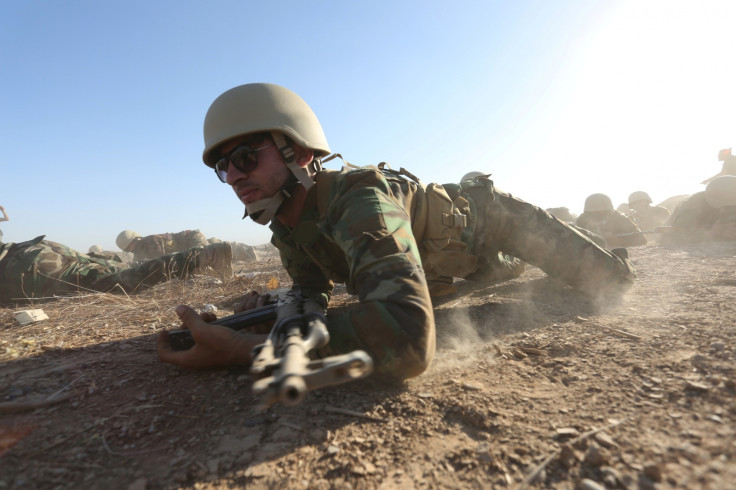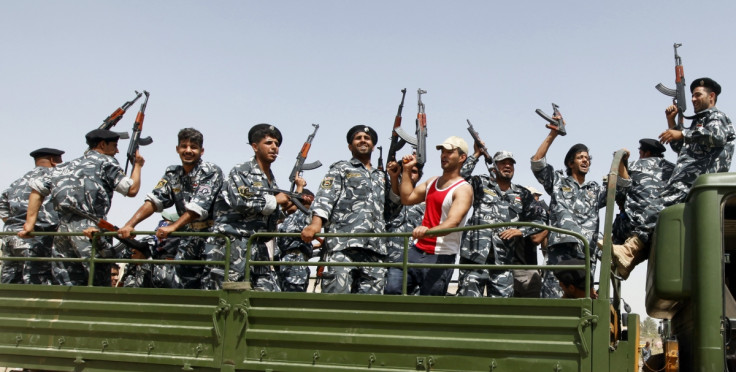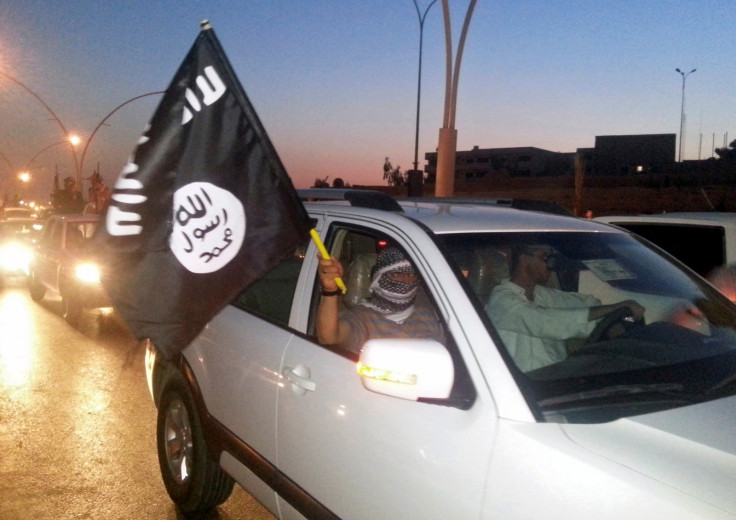The Battle for Mosul: Isis will fight to the last man to hold its greatest prize
Haider al-Abadi faces huge challenge winning back the faith of Iraq's Sunnis

Iraqi forces, and Shia militias that are fighting alongside them, may have successfully driven Islamic State (Isis) out of Tikrit, Ramadi and Fallujah during 2016 – but the battle for Mosul will be the biggest challenge yet for the US-backed anti-Isis coalition. Mosul, a city of two million, has been an IS stronghold since June 2014 and losing it would not only be a territorial disaster for the terrorist group, but an existential one.
Mosul presents a unique challenge not only because it is IS's biggest bastion in both Iraq and Syria, but because it is an almost entirely Sunni city that neither the Kurds, encamped to its east, and the Shia militias, currently fighting to the south, want any part of. It also presents little strategic importance for Iran, which has armed and co-ordinated the Shia armies that have been so instrumental in taking Tikrit and Fallujah.
"I think it would be naive to expect [the Kurds] to lead the fight for a Sunni-populated city they will most certainly not control after Isis is defeated. The Shia militias, particularly those directly under Iran's influence, also may not be that interested in an extended battle for [the] city," Michael Horowitz, at the Levantine Group, told IBTimesUK.
So far the battle for Mosul has focused on the IS-held towns close to the city in an effort to severe the group's supply lines and particularly cut off access to other strongholds such as Tel Afar, in the west, and its Syrian territory. On Wednesday, Iraqi forces claimed to have captured the strategically important town of Shirqat, 60 miles south of Mosul on the Tigris River.
Early reports suggested Shirqat was taken relatively easily, with only isolated pockets holding out and the usual booby-trapped vehicles and roadside bombs that IS leave when they abandon a town or city. That suggests that the group has tactically withdrawn into Mosul in preparation for a brutal street-by-street battle with Iraqi forces if and when they finally enter the city limits later this year.
A key battleground will be Mosul's airport, and it was reported this week that IS had been installing huge concrete blast walls to make it impossible for planes to land. There were also reports that the group was fortifying southern and eastern routes into the city and digging vast trenches that could be filled with oil and set alight. IS was also digging tunnels and conducting door-to-door searches to recruit fighters ahead of the battle.
The Iraqi government faces a broad confidence crisis, with demands for reforms and an end to government corruption.
"I can see Daesh digging tunnels everywhere and covering the entrances with sewage covers. My neighbour's house is now part of a network of tunnels that reaches across the city," a resident from the Sumer district of south-eastern Mosul told Reuters. Unlike in the past, where IS fighters have retreated to other strongholds and left only small pockets to fight to the death, it is believed the group will fight to the last man in Mosul.

"Mosul is at the core of IS's position in Iraq. It is also the city that put them on the map and helped them grab the world's attention. In Iraq, losing Mosul would force the group to change its strategy and become a clandestine entity rather than a de-facto state," said Horowitz. "Isis's spokesperson, al-Adnani, recently claimed the group was ready to 'return to the desert'. But don't expect them to do so without a fight."
Iraqi Prime Minister Haidar al-Abadi has repeatedly stressed that the Iraqi army wants to begin to take Mosul back from IS before the end of 2016. US President Barack Obama said this week that he wanted to see progress on the battle for Mosul before the end of the year while a US general said that the Iraqis would be ready by October. US air-strikes have been integral to progress in taking back territory from IS so far.
Taking back Mosul
But not everyone is as optimistic about the prospects for taking back Mosul as Abadi and Obama. Critics point out that not only are both the Kurds and the Shia militias reluctant to enter the city, they will play little or no role in stabilising if and when it is won. Mosul's problems with a resentful and side-lined Sunni majority did not begin in 2014 – it began in 2006, when the divisive Shia leader Nouri al-Maliki took power in Baghdad.
That is not to imply that anything but a small minority of Mosul's population back the knife-wielding fanatics of Islamic State, but many Sunni Iraqis fear not just the Shia militias currently stationed to the south but the Shia government in Baghdad. "You can take IS off the operational map [but] you're not going to destroy the concept of radical Islam that IS represents," Daniel L Davis, a defence analyst, told IBTimesUK.

Davis, who recently visited the frontline in Iraq and met with Kurdish officials in Erbil, said that a US-led bombing campaign followed by an invasion by a majority Shia national army was hardly going to improve that situation. A far better tactic would be to surround the city, cut off IS supply lines and try to encourage local Sunni militias and tribes inside Mosul to turn against the terrorist group.
"[That way] you at least have a chance to undermine and collapse IS from within, and preserve the city. It takes more time but it has a long term chance of succeeding than pummelling the city to get rid of 10,000 or 20,000 IS people," he said.
Indeed, the real battle for Mosul will begin when IS is defeated, by either an all-out military campaign or, as Davis suggests, an approach that would prevent the city being reduced to rubble, as in Tikrit and Ramadi. Baghdad will not only have to win over its restive and sceptical Sunni minority – many of whom who have suffered two years of brutal IS rule – but tackle countrywide issues of corruption that cross the sectarian divide.
"The Iraqi government faces a broad confidence crisis, with demands for reforms and an end to government corruption. Not to mention the reconstruction of Sunni areas and resettling of cities such as Fallujah or Ramadi. If this last issue is not dealt with properly, the fight against ISIS won't be over," Horowitz said.
© Copyright IBTimes 2025. All rights reserved.






















